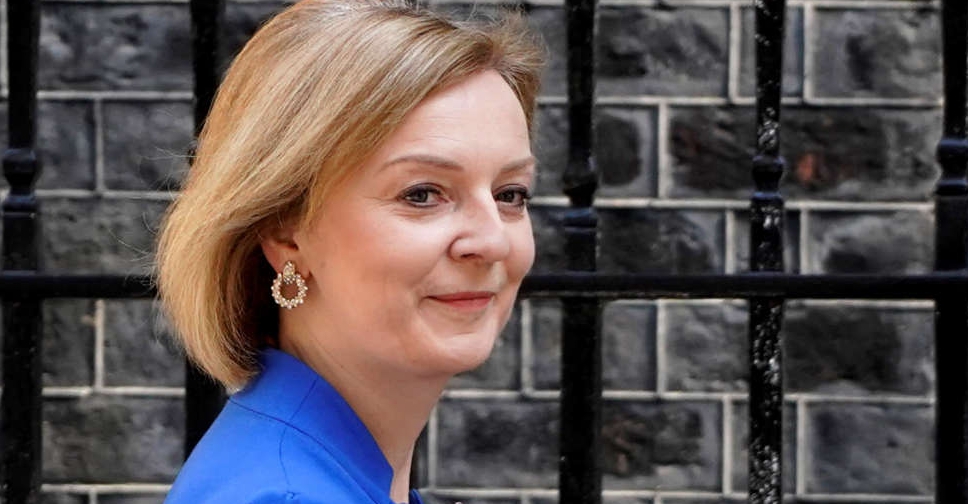
Liz Truss has been named Britain's next prime minister, winning a leadership race for the governing Conservative party at a time when the country faces a cost of living crisis, industrial unrest and a recession.
After weeks of an often bad-tempered and divisive leadership contest that saw the foreign minister face off against former finance minister Rishi Sunak, Truss came out on top in a vote of Conservative Party members.
The announcement triggers the start of a handover from Boris Johnson, who was forced to announce his resignation in July after months of scandal saw support for his administration drain away.
He will travel to Scotland to meet Queen Elizabeth on Tuesday to officially tender his resignation. Truss will follow him and be asked to form a government by the monarch.
Long the front-runner in the race to replace Johnson, Truss will become the Conservatives' fourth prime minister since a 2015 election. Over that period the country has been buffeted from crisis to crisis, and now faces what is forecast to be a long recession triggered by sky-rocketing inflation which hit 10.1 per cent in July.
Foreign minister under Boris Johnson, Truss, 47, has promised to act quickly to tackle Britain's cost of living crisis, saying that within a week she will come up with a plan to tackle rising energy bills and securing future fuel supplies.
Truss has signalled during her leadership campaign she would challenge convention by scrapping tax increases and cutting other levies in a move some economists say would fuel inflation.
That, plus a pledge to review the remit of the Bank of England while protecting its independence, has prompted some investors to dump the pound and government bonds.
Kwasi Kwarteng, widely tipped to be her finance minister, sought to calm markets on Monday, by saying in an article in the Financial Times newspaper that under Truss there would need to be "some fiscal loosening" but that her administration would act in "a fiscally responsible way".
Truss faces a long, costly and difficult to-do list, which opposition lawmakers say is the result of 12 years of poor Conservative government. Several have called for an early election - something Truss has said she will not allow.
Veteran Conservative lawmaker David Davis described the challenges she would take on as prime minister as "probably the second most difficult brief of post-war prime ministers" after Conservative Margaret Thatcher in 1979.
"I actually don't think any of the candidates, not one of them going through it, really knows quite how big this is going to be," he said, adding that costs could run into tens of billions of pounds.
Truss has said she will appoint a strong cabinet, dispensing with what one source close to her called a "presidential-style" of governing, and she will have to work hard to win over some lawmakers in her party who had backed Sunak in the race.
The Institute for Government think-tank said Truss would have a weaker starting point than any of her predecessors, because she was not the most popular choice among her party's lawmakers.
First, she will turn to the urgent issue of surging energy prices. Average annual household utility bills are set to jump by 80 per cent in October to 3,549 pounds, before an expected rise to 6,000 pounds in 2023, decimating personal finances.




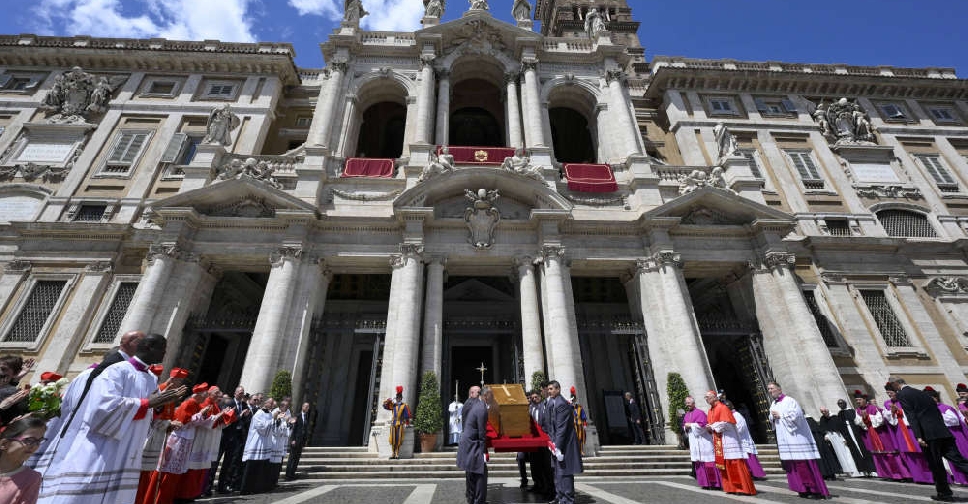 Rome and the world bid farewell to Pope Francis
Rome and the world bid farewell to Pope Francis
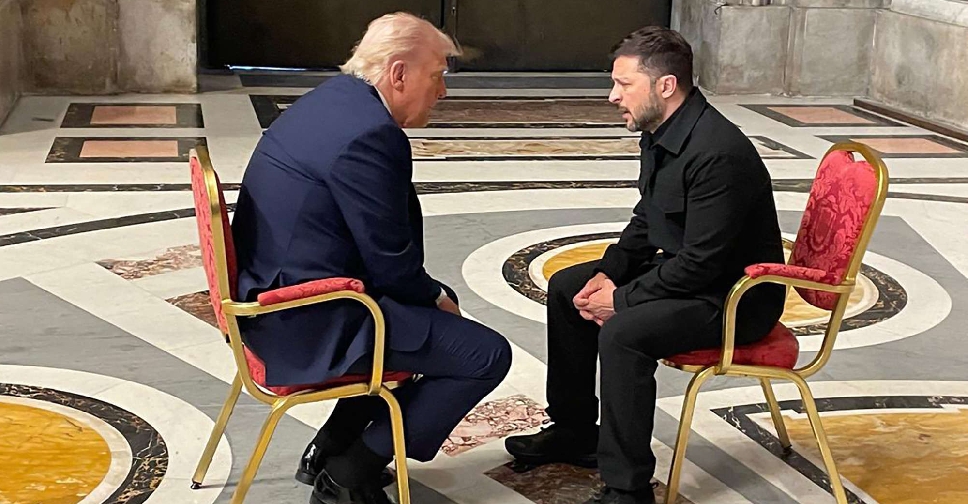 Trump, Zelenskyy meet in Vatican basilica to seek Ukraine peace
Trump, Zelenskyy meet in Vatican basilica to seek Ukraine peace
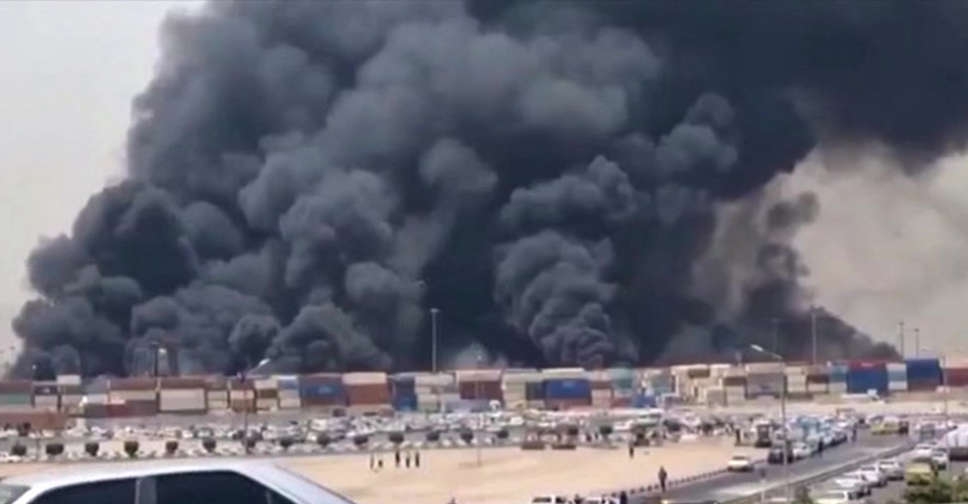 Large explosion hits port in southern Iran
Large explosion hits port in southern Iran
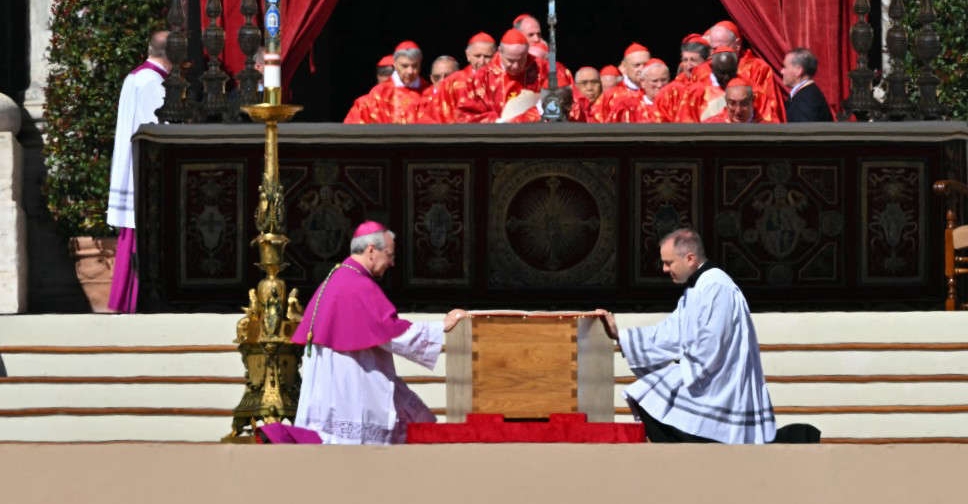 Funeral of Pope Francis begins
Funeral of Pope Francis begins


